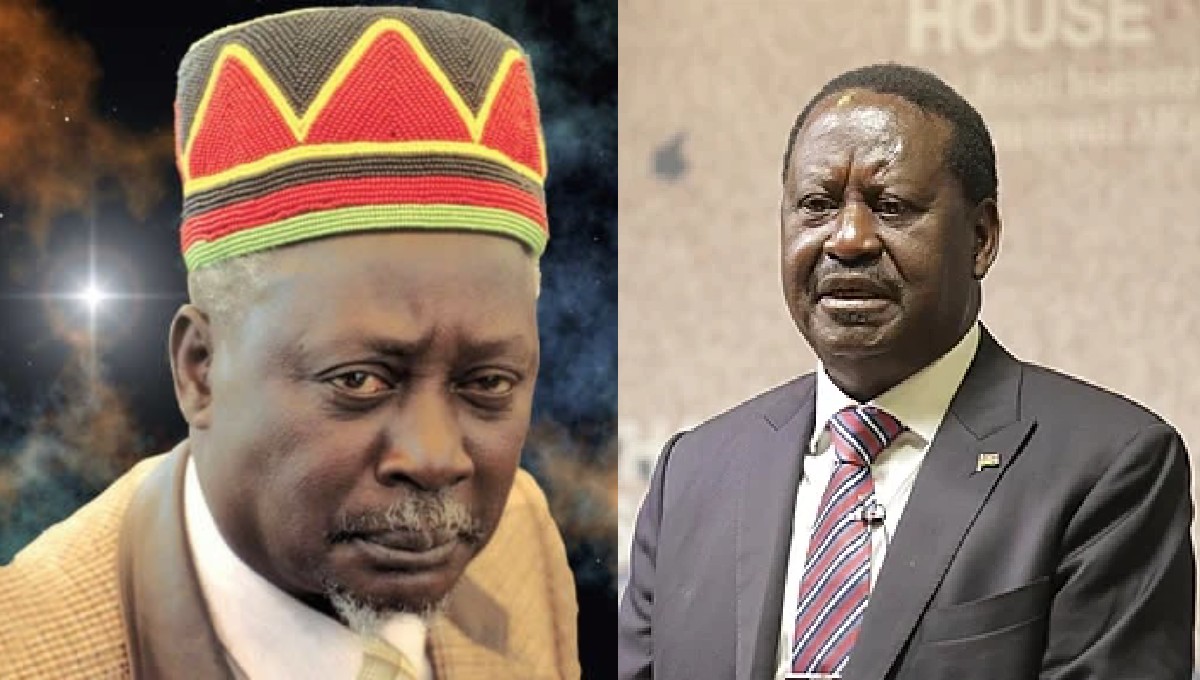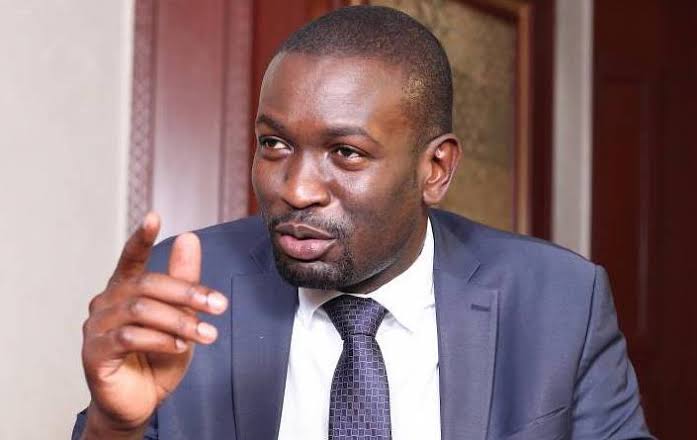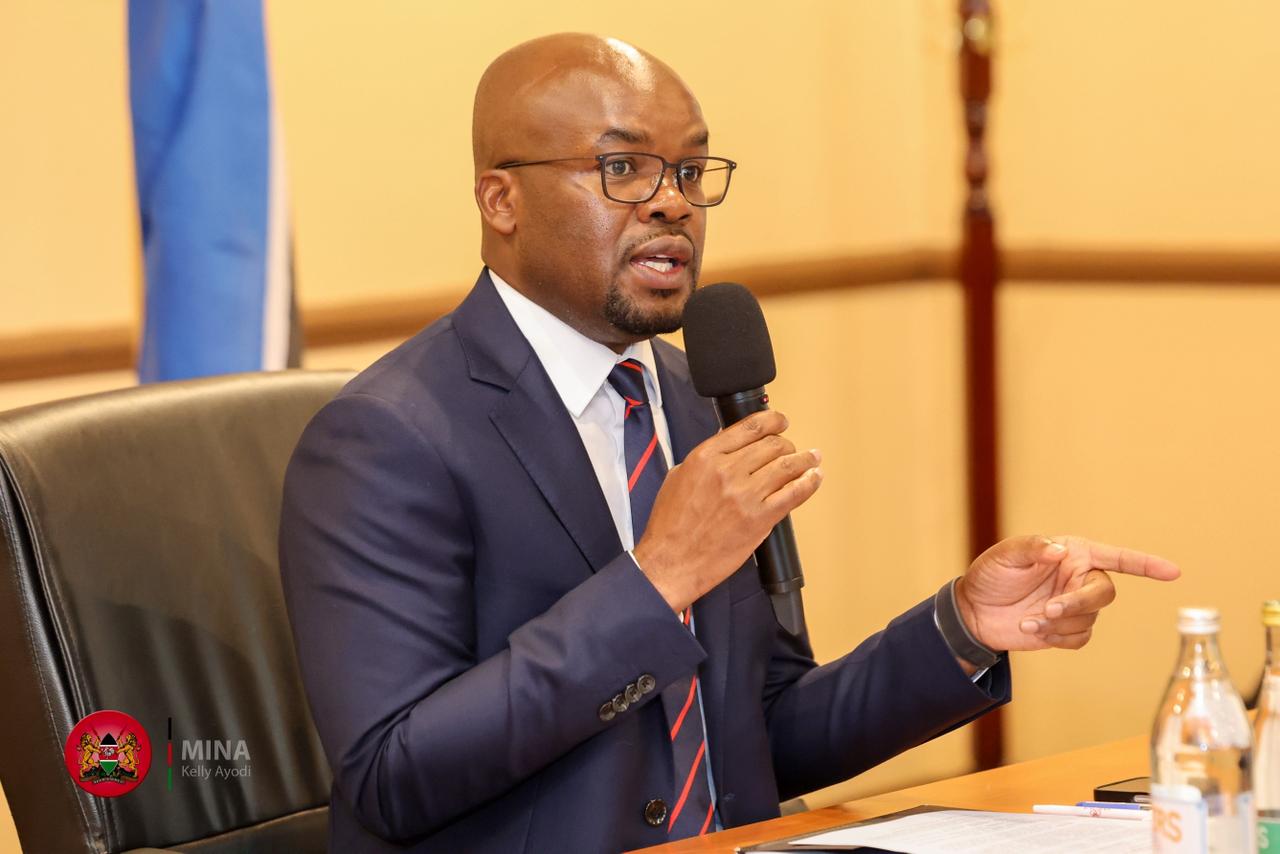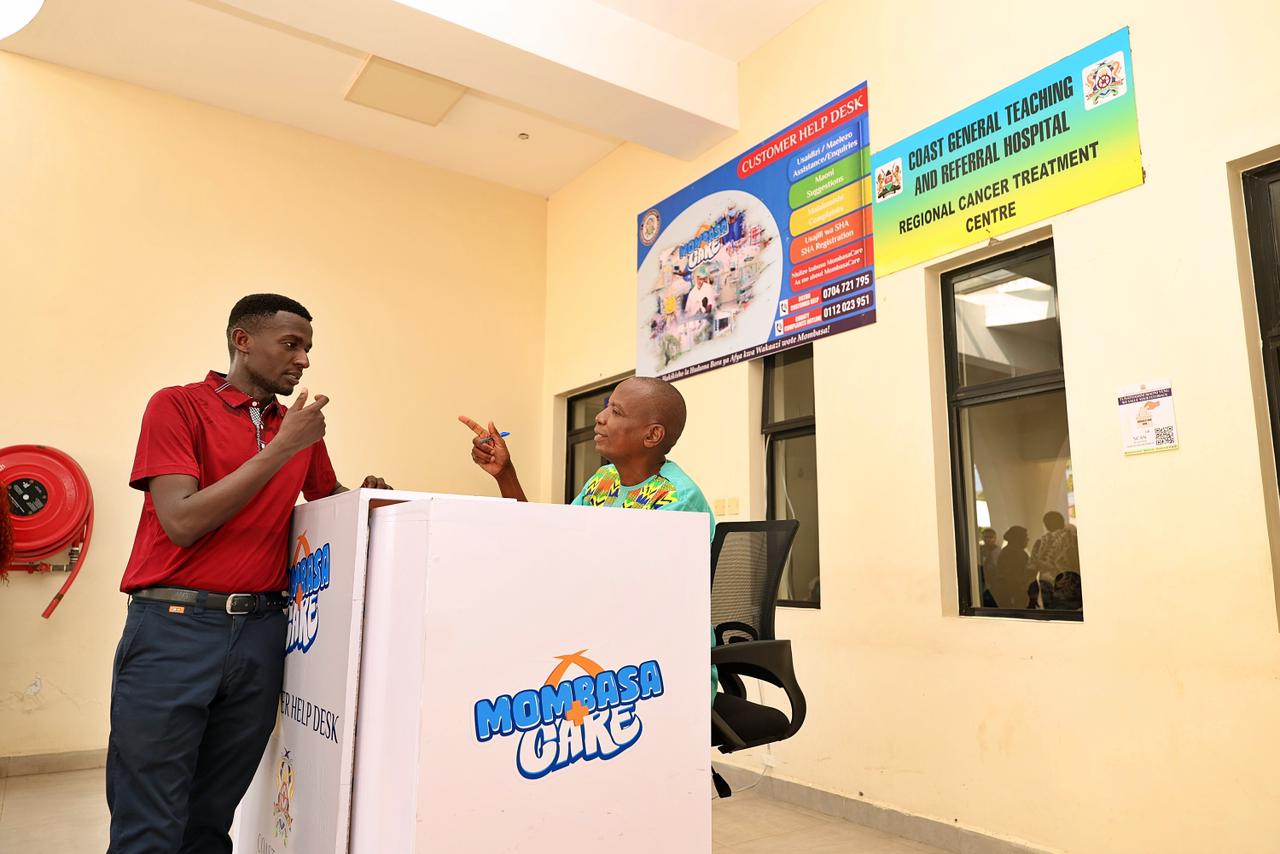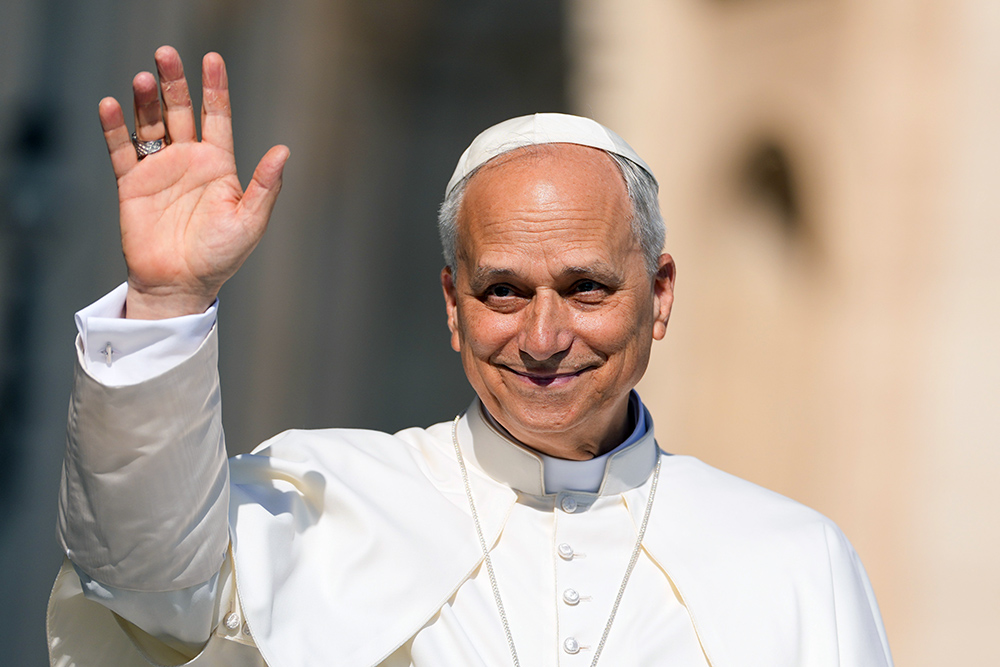When Kenya achieved independence in 1963, Jaramogi Oginga Odinga stood beside Jomo Kenyatta as his vice president, yet it was a relationship that did not last long. By 1966, Jaramogi resigned from government stating Kenyatta’s administration of betraying the ideals of independence.
He formed a new party, the Kenya People’s Union (KPU). The state, however, banned the party and detained the members several times, including Jaramogi.
His defiance earned him admiration from ordinary Kenyans and cemented his place as the father of opposition politics. His 1967 autobiography, ‘Not Yet Uhuru’, remains an important text for Kenya’s reformist movement.
When Raila Odinga was detained for eight years without trial after the 1982 coup attempt, many saw echoes of his father. The Odinga ‘tradition’ of paying the price for defiance had continued.

Both Jaramogi and Raila fought for a people-first stance in politics. It was this ideological similarity that defined their relationship. They both shared a conviction that true independence meant economic liberation for every Kenyan.
After Jaramogi’s death in 1994, Raila briefly led FORD-Kenya before splitting to form the National Development Party (NDP).
Raila later forged an alliance with President Daniel Arap Moi, the same leader who detained him. This move was seen as betrayal by some of his followers but to others, it was strategy.
For six decades, an Odinga has stood opposite the state, demanding change from political leaders. They changed the political language of Kenya.


